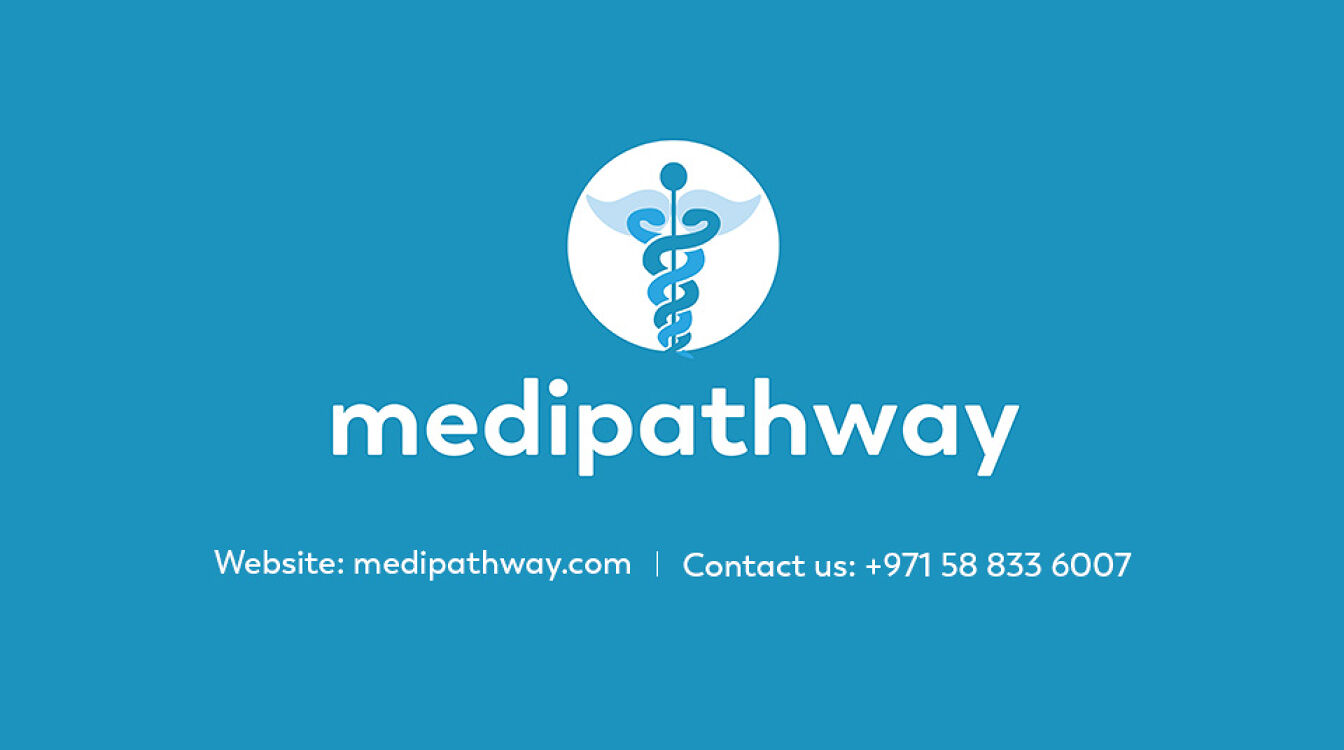Medipathway: Requirements to Study Medicine in Turkey 2023
Many students dream of studying medicine, and Turkey is a popular destination for those seeking medical education. However, like many countries, Turkey has specific requirements for studying medicine. This blog will discuss the requirements to study medicine in Turkey in 2023.
High School Diploma
The first requirement to study medicine in Turkey is a high school diploma. The diploma must be equivalent to the Turkish high school diploma, and the student must have completed at least 12 years of education. Additionally, the certificate must be approved by the Turkish Ministry of Education or an equivalent institution.
Proficiency in the Turkish Language
Another requirement for studying medicine in Turkey is proficiency in the Turkish language. As Turkish is the medium of instruction, students must have a certain level of proficiency to understand lectures, participate in discussions, and complete assignments. The Turkish proficiency test is known as the YÖS (Yabancı Uyruklu Öğrenci Sınavı) and is administered by Turkish universities. Some universities may also accept other language proficiency tests such as TOEFL or IELTS.
University Entrance Exam
In Turkey, all students must take the national university entrance exam known as the YKS (Yükseköğretim Kurumları Sınavı). The exam is divided into the TYT (Temel Yeterlilik Testi) and the AYT (Alan Yeterlilik Testi). The TYT assesses the student's Turkish, mathematics, and social sciences proficiency. The AYT assesses the student's knowledge in their chosen field of study, which in this case is medicine. The exam is held annually, usually in June, and students must achieve a minimum score to be considered for admission.
Grade Point Average (GPA)
In addition to the university entrance exam, Turkish universities consider the student's high school grade point average (GPA). The GPA is calculated based on the student's grades in their high school diploma courses. The minimum GPA required varies by university and program.
Medical Entrance Exam
Once a student has met the above requirements and has been admitted to a medical program, they must also pass a medical entrance exam. The exam assesses the student's biology, chemistry, physics, and mathematics knowledge. The exam is typically held at the beginning of the academic year and is mandatory for all medical students.
Health Requirements
Before enrolling in a medical program, students must also meet specific health requirements. This includes a medical examination to ensure the student is healthy and free from contagious diseases. Additionally, students must have all necessary vaccinations and provide proof of immunization.
Criminal Record Check
Finally, students must also undergo a criminal record check. This is to ensure that the student does not have a criminal record that would prevent them from being able to practice medicine in Turkey. Turkish authorities typically conduct criminal record checks.
Entrance Exam Preparation Courses
To increase their chances of success in the national university entrance exam, many students in Turkey attend preparation courses. These courses are designed to help students improve their academic skills and knowledge and better understand the format and content of the entrance exam.
Admission Interviews
Some universities in Turkey also require admission interviews as part of the application process. These interviews may be conducted in-person or online to assess the student's communication skills, motivation, and overall suitability for the program.
International Student Fees
International students studying medicine in Turkey may be required to pay higher tuition fees than domestic students. These fees vary by university and program, and students should research the costs before applying to a particular school.
Accommodation
Students studying medicine in Turkey will need to find accommodation for their studies. Many universities offer on-campus housing options, but these can be limited and may fill up quickly. Students can also consider renting a private apartment or sharing a flat with other students.
Residency and Work Permits
After graduating from a medical program in Turkey, international students must obtain residency and work permits if they wish to work there. Obtaining these permits can be lengthy and requires several documents, including a valid work contract and medical examination results.
Continuing Medical Education
Like many countries, Turkey requires doctors to complete continuing medical education (CME) courses throughout their careers. These courses ensure doctors stay up-to-date with the latest medical knowledge and techniques. Students studying medicine in Turkey should be aware of this requirement and plan accordingly.
Language Learning Opportunities
Studying medicine in Turkey allows international students to learn and improve their Turkish language skills. Many universities offer Turkish language courses for international students, which can help students integrate into Turkish society and better understand the culture.
Conclusion
In conclusion, studying medicine in Turkey requires meeting several requirements. Students must have a high school diploma, proficiency in the Turkish language, pass the national university entrance exam, have a minimum GPA, pass a medical entrance exam, meet health requirements, and undergo a criminal record check. Students can pursue their dream of becoming a doctor in Turkey by meeting these requirements.






Comments
Post a Comment